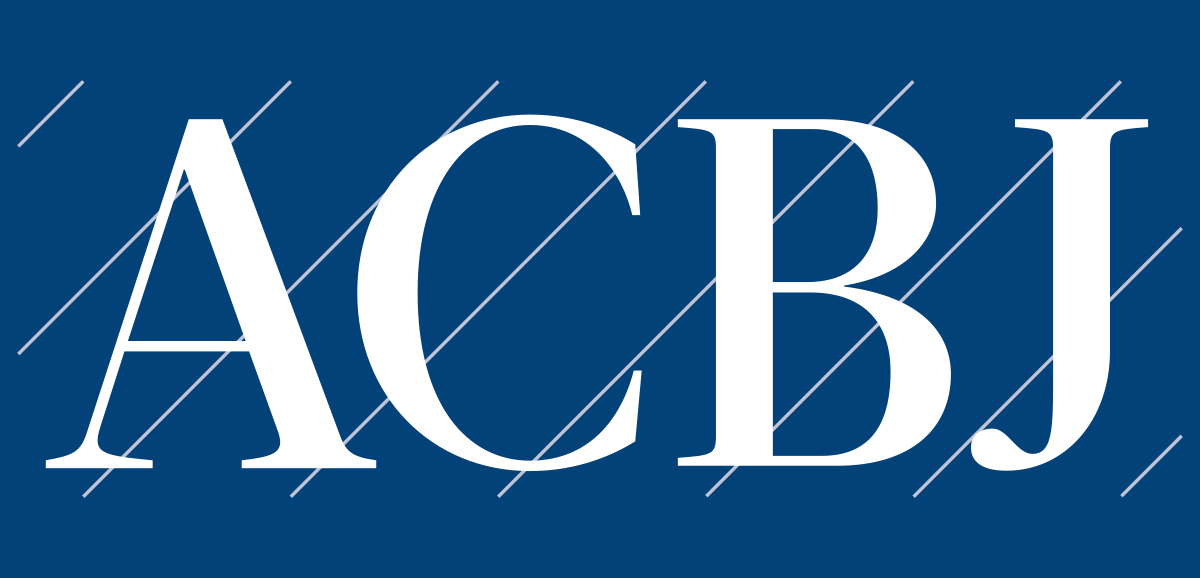
The Equal Employment Opportunity Commission under the Trump administration is reversing course on LGBT protections, which is putting businesses in a difficult spot.
That’s because, despite the EEOCs decision to withdraw from a number of cases prosecuting LGBT discrimination claims and President Donald Trump’s executive orders that target transgender Americans, discrimination based on gender identity and sexual orientation is still against federal law. That was reaffirmed in a 6-3 decision by the Supreme Court in Bostock v. Clayton County in 2020.
“While the federal government now recognizes only male and female sexes, private-sector employers should keep in mind that the [executive order] does not reverse binding court precedent, and employers must continue to comply with Title VII and applicable state laws — many of which are in direct conflict with the EO,” said Mariah Berry, senior associate at Muskat Devine LLP, in an email.
Title VII refers to a part of the Civil Rights Act of 1964 that protects workers from discrimination on the basis of race, color, religion, sex or national origin.
The EEOC is now likely to find and prosecute its own test cases in an attempt to erode or reverse that decision, said Mark Kluger, co-founding partner at management-side employment law firm Kluger Healey.
If a worker in an office setting refuses to use a transgender worker’s preferred pronouns, that worker would typically be considered creating a hostile work environment, Kluger said — and companies have an obligation under federal law to prevent a hostile work environment.
However, Kluger said, it’s likely only a matter of time before the EEOC could take up a case in which an employee is fired for an offense involving their treatment of a transgender co-worker, then use that situation to set its own, new precedent. That could include topics that have been the subject of intense Republican interest, including which bathrooms transgender workers get to use, he added.
“There is a good likelihood that if an employer disciplines that worker, the employer might be on the receiving end of an EEOC case,” Kluger said. “Employers are really in the same gray area they were before 2020.”
But, he added, in 22 states, there are still laws that protect transgender workers, and companies need to follow those laws even as the federal government pursues its own prosecutorial agenda.
When it comes to filing discrimination lawsuits, the EEOC is a procedural requirement under federal law. That means when a worker wants to sue their employer for discrimination, they go to the EEOC, which investigates the claim. The EEOC either takes up the case itself or issues a dismissal and a “right to sue” letter workers can then take to court.
The EEOC typically takes on very few cases but, in regards to LGBT issues under Trump, it could decide to pursue cases that allow it to attempt to set new precedents. LGBT workers can still sue for discrimination, but they will have to do so on their own — and those in states with LGBT protections will likely stick to state court, not federal, Kluger said.
What should employers do?
How can companies follow the law and protect their employees from discrimination, even as the EEOC and other agencies pursue their own agenda?
“It’s really the same advice I have always given: To be extremely deliberate and thoughtful about the basis on which you make employment decisions,” Kluger said. “Document those reasons and understand them yourself before you make them.”
That means in any hiring or firing decisions, or when issuing internal discipline, employers need to make sure there are legitimate, documented reasons for those actions, Kluger said.
Also, he added, employers should be deliberate and not rush into decisions.
“Treat it like a Rubik’s cube,” Kluger said. “You gotta look at it from every angle and turn it every which way. And make sure you can support the basis of your decision.”
Businesses and managers also need to ensure they are staying on top of what will likely be a rapid series of additional orders, agency actions and court decisions.
“This is a day-by-day situation,” Kluger said.
Jared Pope, a benefits and employment attorney and CEO and founder of workplace-misconduct platform Work Shield, said companies need to have consistent policies and investigate every discrimination claim with the same diligence and without bias. That includes strong record keeping.
But as federal enforcement priorities shift, organizations should not rely on federal guidance alone to handle workplace issues.
“What’s enforceable today may change tomorrow,” Pope said. “Employers who build a strong internal framework, rather than reacting to every political shift, are the ones who will be best positioned to adapt.”
Businesses will also have to navigate other complications from the Trump administration, including a decision to fire a member of the National Labor Relations Board without naming a replacement. That removed the ability of the NLRB create a quorum, which experts say creates deep uncertainty around the validity of any decisions it makes.
Meanwhile, Democratic lawmakers say a wave of what they call illegal terminations at the Small Business Administration could impact its ability to provide disaster loans and oversee its lending operations.








